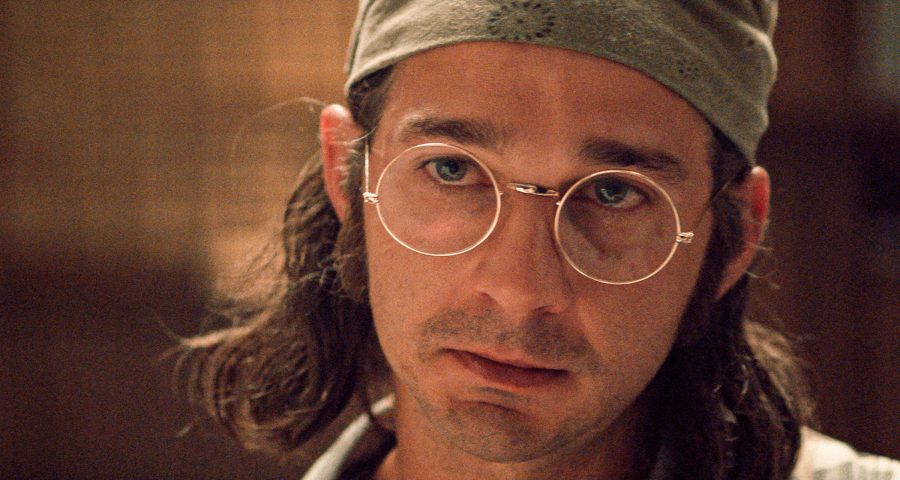In a heart-wrenching therapeutic drama, Shia LaBeouf tells the story of his childhood growing up in an impoverished sect of Los Angeles and trying to break into Hollywood as a child actor. “Honey Boy,” a reference to his childhood nickname, parallels LaBeouf’s youth, when he faced abuse at the hands of his alcoholic father, and LaBeouf as a young adult, now suffering from his own alcoholism. The film was written by LaBeouf while he was in a twelve-step program for his alcoholism and showcases his struggles with trying to hold on to the pain of his childhood to be a better artist and letting it go to try and heal.
After getting into a car accident while under the influence, a twenty-two-year-old Otis (Lucas Hedges) lands himself back in rehab. To confront the underlying reason for his alcoholism, Otis sees a therapist who helps him dive deeper into his mental health issues, revealing that he actually suffers from PTSD. The film journeys into the world of a child who uses performance as a way of escaping reality, while that same passion is being exploited by his jealous parent. But it also takes a look at how as a young man he begins to exploit himself by using his past pain to help him perform in his art. In the form of a coming-of-age story, Otis is forced to go back into the memories of his childhood and confront his father in order to heal as an adult.
Shia LaBeouf’s performance as his father is very enthralling as he manifests the man who has caused him so much pain. Bravely sharing his trauma as a child, LaBeouf takes the audience into the life of a brutalized child, beautifully played by Noah Jupe, forced to suffer abuse to not be alone, only to fall victim to what he so desperately tried to avoid, as an adult. As visually beautiful as “Honey Boy” is, what really draws the viewer in are the tearful performances. Surprisingly, Jupe’s performance is so heart-wrenching and a truly magnificent depiction of vulnerability that it often toppled LaBeouf’s own.
While exhibiting pain in a role is nothing new to LaBeouf, here we finally learn that the source of the ability is the all-too-real past that the film sets off to explore. In “Honey Boy,” the ugly truth behind his lauded performances — recall his “Even Stevens” and “Transformers” days — is revealed. “Pain is the only good thing my father has ever given me,” Otis explains to his therapist. “Why are you trying to take that away?”
“Honey Boy” exposes the hidden truth behind the seemingly perfect life of a child actor forced to grow up too quickly. Though written to be an inward therapeutic reflection for LaBeouf about his life, “Honey Boy” is so fervently kosher that almost anyone can relate. In truth, we’ve all wondered if we are destined to become our parents.
Email Nyssa Joseph at [email protected].

























































































































































